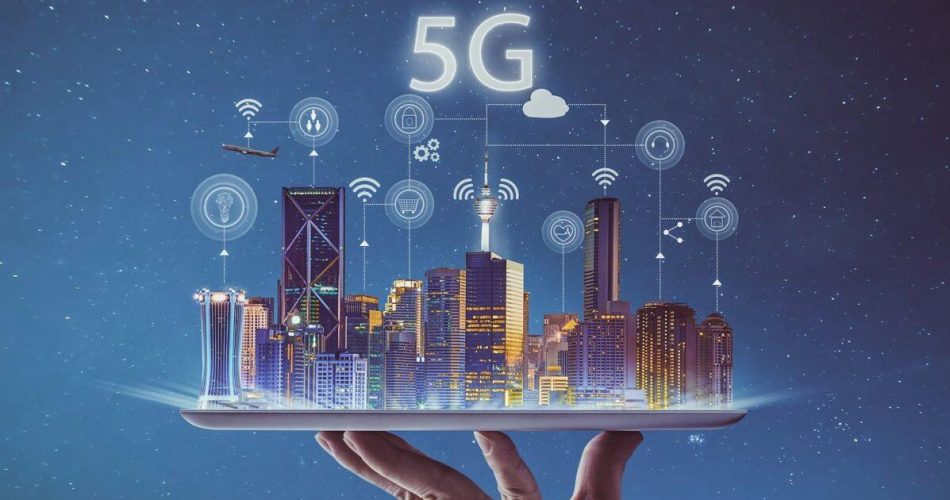Many people are still perplexed by the next-generation wireless standard only started to hit the market and most people have yet to see 5G interact with their lives. Yet 5G has slide into increasingly consequential debates about politics, national security and investing.
Here are most common questions people would/ should ask about the next-gen wireless network technology.
What is 5G?
5G is the 5th generation mobile network technology. It is the new global wireless standard after 4G network. 5G enables a new kind of network that is designed to connect virtually everyone and almost everything together such as machines, objects, and devices.
5G wireless technology is meant to deliver higher few Gbps peak data speeds with ultra low latency, increased reliability, massive network capacity, increased availability, and better user experience. Higher performance and improved efficiency empower new user experiences and connects new industries.
Differences between the previous generations of mobile networks and 5G?
First generation – 1G
1980s: 1G delivered analog voice.
Second generation – 2G
Early 1990s: 2G introduced digital voice (e.g. CDMA- Code Division Multiple Access).
Third generation – 3G
Early 2000s: 3G brought mobile data (e.g. CDMA2000).
Fourth generation – 4G LTE
2010s: 4G LTE ushered in the era of mobile broadband.
1G, 2G, 3G, and 4G all previous technologies led to 5G, which is designed to provide more connectivity than was ever available before.
5G is a unified, much more capable air interface technology. It has been designed with an increased capacity to enable next-gen user experiences, sanction new deployment models and deliver new services.
With high speeds, better reliability and insignificant latency, 5G will expand the mobile ecosystem into new heights. 5G will impact every industry, making safer and more accurate transportation, remote healthcare, precision agriculture, digitized logistics a reality.
Why 5G is better than 4G?
5G is more capable platform than 4G. While 4G LTE focused on delivering much faster mobile broadband services than 3G, 5G is designed to be a unified, more capable platform that not only increase mobile broadband experiences, but also supports new services such as mission-critical communications and the massive IoT.
5G uses spectrum better than 4G.
5G is also designed to get the most out of every bit of spectrum across a wide array of available spectrum regulatory paradigms and bands—from low bands below 1 GHz, to mid bands from 1 GHz to 6 GHz, to high bands known as millimeter wave (mmWave).
5G is faster than 4G.
5G can be significantly faster than 4G, delivering up to 20 Gbps peak data rates and 100+ Mbps average data rates.
5G has increased capacity than 4G.
5G is designed to support a 100x increase in traffic capacity & network efficiency.
5G has lower latency than 4G.
5G has significantly lower latency to deliver more instantaneous, real-time access: a 10x decrease in end-to-end latency down to 1ms.1
What if I don’t upgrade to a 5G phone and keep my 4G phone?
Nothing will lasts forever, but today’s 4G devices will keep working for a long time. Most devices don’t need 5G speeds to work smoothly, and 4G services are still more widespread. Carriers can’t risk losing users of older phones until almost all of their subscribers have switched to the newer network technology. Companies didn’t switch off its 2G network, which launched in the early 1990s, until 2018.

